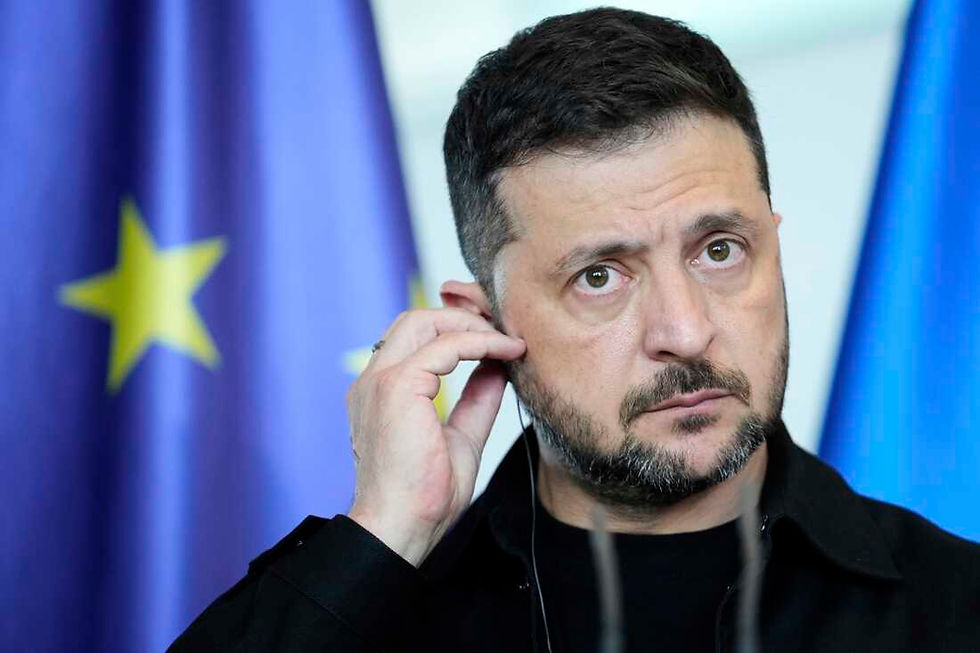U.S. Introduces Rival U.N. Resolution for Temporary Cease-Fire in Gaza Conflict
- Worldopress Desk
- Feb 20, 2024
- 2 min read

The United States has introduced a rival resolution to the United Nations Security Council, aiming to support a temporary cease-fire in Gaza. This move comes after the rejection of an Arab-backed resolution demanding an immediate humanitarian cease-fire in the conflict-ridden region.
The U.S. draft resolution, obtained by The Associated Press, emphasizes the necessity of a temporary cease-fire "as soon as practicable," contingent upon the release of all hostages taken from Israel following Hamas' Oct. 7 attack. Additionally, it calls for the removal of all constraints on the delivery of humanitarian aid, highlighting that these actions would pave the way for a sustainable cessation of hostilities, echoing the council's resolution adopted on Dec. 22.
The proposed resolution advises against Israel's planned major ground offensive into Rafah, a southern Gaza city where approximately 1.5 million Palestinians have sought refuge. It warns that further displacement of civilians, potentially into neighboring countries such as Egypt, could have severe implications for regional peace and security.
The Security Council is anticipated to vote on the Arab-backed draft resolution circulated by Algeria, representing the 22 Arab nations in the U.N., on Tuesday morning. U.S. Deputy Ambassador Robert Wood expressed reservations about the effectiveness of the Algerian draft, stating that it fails to address crucial objectives such as the release of hostages, increased aid delivery, and a prolonged pause in the conflict.
Arab nations, backed by a significant number of U.N. member countries, have long called for a cease-fire amid escalating tensions resulting from Israel's military response to the Hamas attack. According to the Gaza Health Ministry, the number of Palestinians killed has surpassed 29,000, with the majority reported as women and children.
In addition to a cease-fire, the Algerian draft resolution demands the immediate release of all hostages and reiterates the council's insistence on compliance with international law, particularly regarding the protection of civilians and the rejection of forced displacement.
U.S. Ambassador Linda Thomas-Greenfield emphasized ongoing efforts by the United States to negotiate a hostage deal that would facilitate a period of calm lasting at least six weeks. President Joe Biden has engaged in multiple discussions with Israeli Prime Minister Benjamin Netanyahu, as well as leaders from Egypt and Qatar, to advance this initiative.
Tunisia's U.N. Ambassador Tarek Ladeb warned of a "catastrophic scenario" facing the 1.5 million Palestinians in Rafah if Israel proceeds with plans for evacuation and military operations in the area bordering Egypt. The draft resolution also expresses grave concern over the worsening humanitarian situation in Gaza and calls for unhindered humanitarian access throughout the territory to address the urgent needs of its population.









Comments